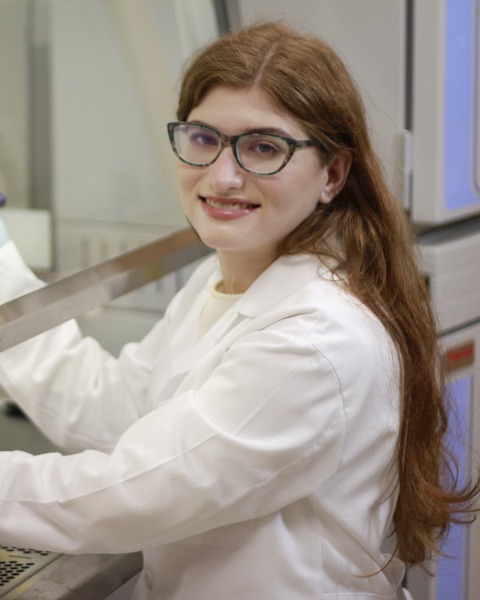Autoimmunity Risk Loci Tagged to CIITA and MHC Class II Impact CD8+ T Cell and Monocyte HLA-DR Expression

Melanie R. Shapiro, PhD
Post-doctorate Fellow
University of Florida Diabetes Institute
Gainesville, Florida, United States- HV
Hans Dieter Volk
Institute of Medical Immunology, Charité Universitätsmedizin Berlin
Berlin, Berlin, Germany
Presenting Author(s)
Chair(s)
Despite significant progress in defining genetic risk loci that contribute to autoimmunity, our understanding of the impact for such variants on composition and function of the immune system is limited. Hence, we performed flow cytometric immunophenotyping and microarray-based precision medicine genotyping on 464 unrelated subjects (non-autoimmune, n=290; type 1 diabetes (T1D) autoantibody (AAb)-positive, n=14; T1D, n=160). Quantitative trait loci analysis, including AAb or T1D status, age, sex, and population structure covariates, revealed 8 significant independent loci:phenotype associations after multiple-testing correction. Monocyte HLA-DR mean fluorescence intensity was significantly associated with rs601945 (p=7.60e-13), a broad autoimmunity locus previously reported to modulate HLA class II gene expression. The HLA-DR+CD38- percentage of CD8+ T cells (bulk [p=5.18e-11], T central memory [Tcm, p=2.06e-10], T effector memory [Tem, p=8.62e-13], and Tem re-expressing CD45RA+ [Temra, p=7.93e-14]) were associated with a risk locus (rs4781011) for inflammatory bowel disease, reported to regulate CIITA expression. Lastly, the HLA-DR+ percentage of Tc1 (T cytotoxic type 1, p=2.79e-13), Tc2 (p=3.79e-13), and Tc17 (p=2.26e-11) were also associated with rs4781011. These data suggest that these two risk loci may contribute to autoimmunity by increasing HLA-DR and CIITA expression by monocytes and CD8+ T cells, respectively. We propose that increased HLA-DR expression augments antigen presentation by monocytes and that elevated HLA-DR on CD8+ T cells indicates increased activation by these cells. Ultimately, these data may inform future efforts to elucidate underlying mechanisms of genotype:phenotype associations in the immune system and to reverse these inflammatory phenotypes in individuals at-risk for autoimmunity using precision therapeutic strategies.

